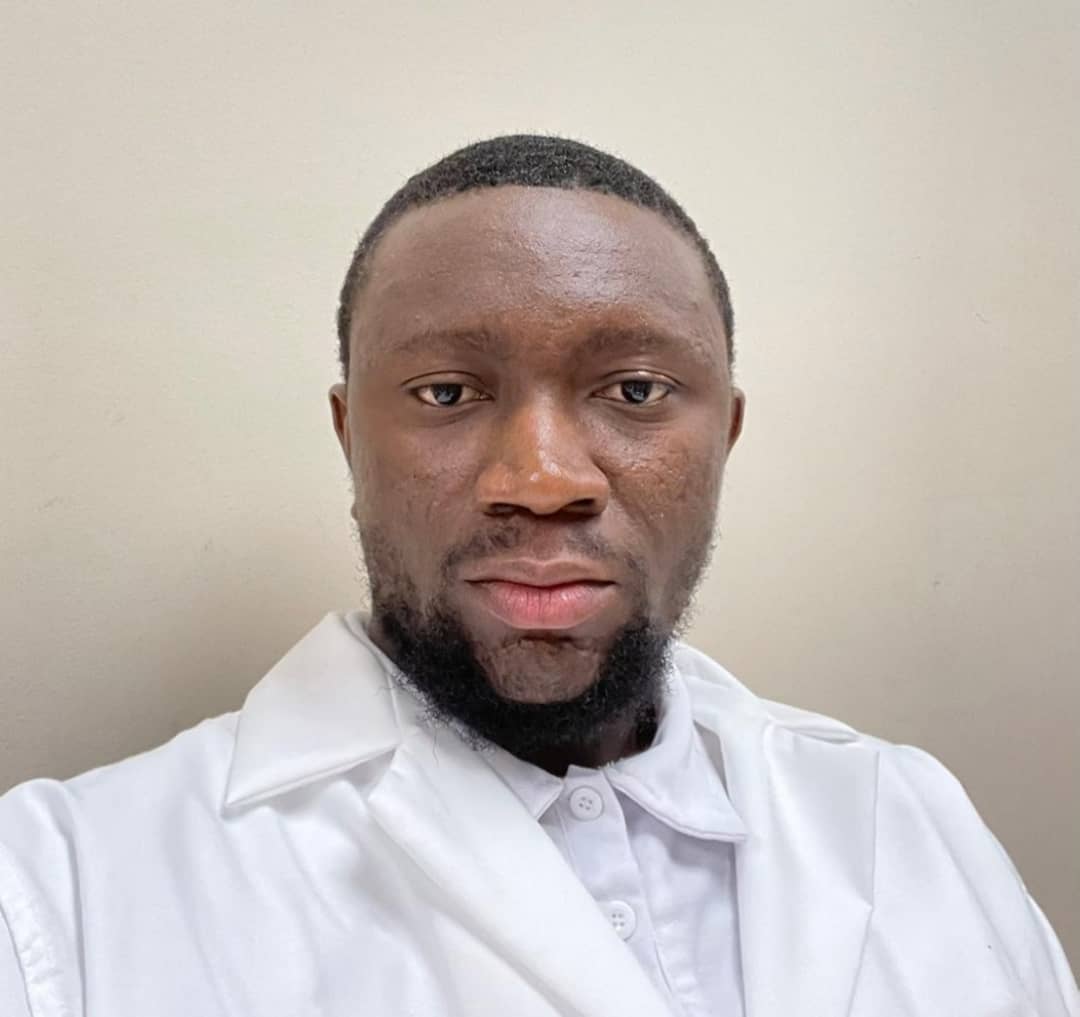Nigerian US-based doctoral student and virologist, Innocent Osuya, has revealed that certain viruses, specifically the adeno-associated virus (AAV), have the potential to correct genetic abnormalities in humans.
He has urged the Federal Government and health experts to leverage the innovation.
Osuya, a Graduate Research Assistant (GRA) at Florida State University, majoring in Cellular and Molecular Biology in the Department of Biological Sciences, is researching the structural compartments of AAV that enable the successful delivery of genetic material into host cells to correct genetic defects.
In a press statement on Friday, he explained that research into using viruses and their infection mechanisms for gene therapy in human cells is novel and promising, and should be adopted by the Nigerian government and health sector.
According to Osuya, the therapeutic potential of AAV is evident from its role in over 225 clinical trials and the approval of six AAV-based gene therapy products by the United States Food and Drug Administration (FDA).
These therapies, he added, have been used to treat genetic disorders in fields such as neurology, ophthalmology, pulmonology, myology, and haematology.
He noted that diseases treatable with the AAV platform include spinal muscular atrophy (SMA), Parkinson’s disease, lysosomal storage disorders, mucopolysaccharidosis (MPS), and metachromatic leukodystrophy (MLD).
“Adeno-associated virus (AAV) has established itself as a pivotal platform in contemporary gene therapy, characterised by remarkable efficacy, robust safety, and considerable adaptability in addressing genetic diseases,” he said.
Another major benefit, Osuya added, is AAV’s potential for long-term therapeutic gene expression after a single administration. AAV vectors can produce the therapeutic protein for years, reducing the need for repeated treatments and high dosages.
“This is particularly advantageous for chronic or lifelong conditions, such as haemophilia, congenital blindness, and neuromuscular disorders, where durable gene expression can dramatically improve patient outcomes and quality of life,” he explained.
He further highlighted that the global market value for AAV therapies reached $1.5 billion in 2023 and is projected to soar to $22.3 billion by 2029, underscoring the technology’s clinical relevance and rapid adoption. For this reason, he stressed that Nigeria’s health sector should embrace the technology.
Osuya advised that health sector reforms in 2024-2025 should lay the groundwork for adopting AAV-based gene therapy to address genetic and chronic diseases. He emphasised that the technology aligns with Sustainable Development Goal 3 (SDG 3) and Universal Health Coverage (UHC).
To achieve this, he said, Nigeria must invest in clinical capacity and infrastructure, and train geneticists, molecular biologists, clinicians, and pharmacists to build expertise.
Establishing local AAV manufacturing centres, he added, will promote domestic production, lower costs, and enhance self-reliance. Ongoing reforms, policy incentives, and digital health initiatives should also create a favourable ecosystem for gene therapy.
Osuya stressed that for AAV innovation to be effective and sustainable in Nigeria, public engagement and education campaigns are needed to raise awareness, build trust, and address misconceptions.
He concluded by recommending that Nigeria prioritise AAV gene therapy research on diseases with significant local impact, such as sickle cell anaemia, beta-thalassemia, and HIV/AIDS reservoir targeting, to maximise health benefits and attract funding.
